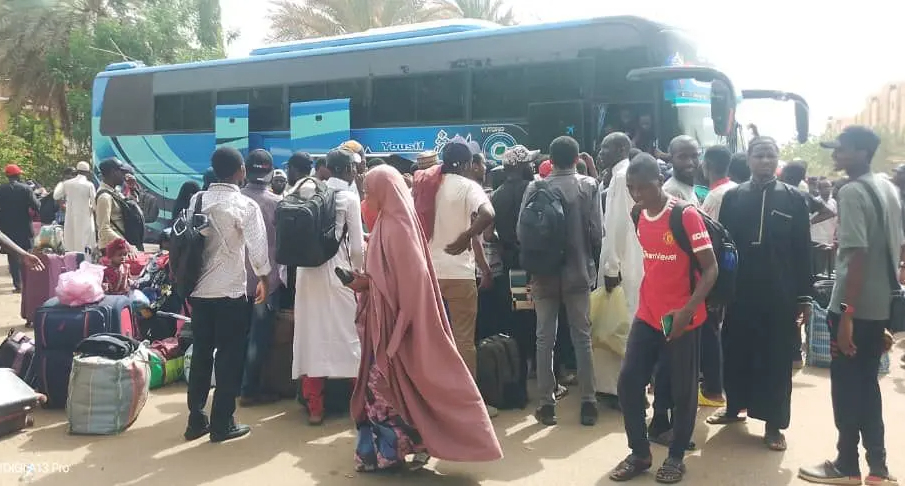The Ongoing Crisis in Sudan: Analysis and Implications

Introduction
The situation in Sudan has reached a critical juncture, marked by conflict and humanitarian challenges that resonate beyond its borders. As of 2023, Sudan is grappling with a complex crisis involving clashes between military factions, mass displacements, and dire humanitarian needs. Understanding the situation in Sudan is crucial not only for regional stability but also for global diplomatic and humanitarian responses.
Current Developments
Since the beginning of 2023, Sudan has been experiencing escalating violence, particularly between the Sudanese Armed Forces (SAF) and the paramilitary Rapid Support Forces (RSF). Reports indicate that fighting has intensified in key urban areas, including the capital, Khartoum, and the city of Darfur. The conflict has led to the displacement of over 1 million people, many of whom are now seeking refuge in neighbouring countries. The ongoing clashes have complicated the peace process, which was already fragile following the ousting of long-term leader Omar al-Bashir in 2019.
Human rights organisations have raised alarms over escalating human rights violations in conflict zones. Forced disappearances, violence against civilians, and attacks on healthcare facilities have been documented extensively. The United Nations has called for an immediate ceasefire and urged the international community to provide humanitarian assistance to those affected by the violence. The UN estimates that over 25 million people in Sudan require some form of humanitarian aid.
International Response
The international community is increasingly concerned about the situation in Sudan. The African Union has attempted to mediate between the conflicting parties, while countries like Egypt and Ethiopia have expressed their willingness to facilitate talks. However, the deep-seated divisions among Sudanese military factions complicate these efforts. Furthermore, international sanctions against key military leaders have also been considered as potential measures to encourage a resolution to the conflict.
Conclusion
The crisis in Sudan illustrates the fragility of state institutions and the high stakes involved for regional stability. As humanitarian needs continue to grow, it is imperative for both regional powers and the international community to engage constructively. Forecasts indicate that without significant mediation and assistance, the situation may further deteriorate, leading to increased violence and a larger humanitarian crisis. Observers urge the need for coordinated efforts to support peace-building initiatives in Sudan, with a focus on restoring civilian rule and addressing the humanitarian needs of its people.









